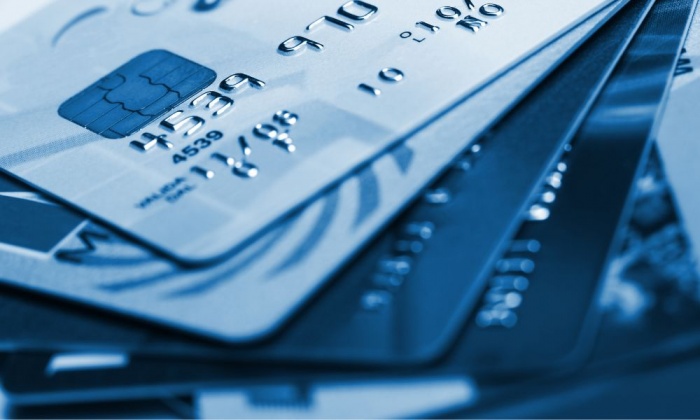
As you’re tossed into the adult world, a key responsibility is managing finances. Read this beginner’s guide to managing your money to find out the best practices for navigating the financial world on your own!
Open a Credit Card
Credit is the foundation of the economy. Whenever you need to buy something, your credit score will determine a variety of factors. The way to get the ball rolling on establishing a good credit score is to open a credit card.
Each credit card comes with different features. To start with, you want to find something simple. Low interest rates, minimal fees, and a fair credit limit are some of the most important features. You most likely won’t have an extensive credit limit in the beginning, but as you continue to improve your credit score, you’ll be able to upgrade.
Make All Payments on Time
From credit cards to loans and rent, you must make your payments on time. Auto-pay is the most efficient way to ensure you don’t miss a payment. However, if you prefer to manually pay when the time comes, you must keep a detailed track of those dates.
Make a schedule of when the payments are due. Then, pay off those bills and ensure you don’t let any payments slip by.
Open a Savings Account
The next step is to open a savings account. Putting money aside in case of an emergency is the best way to feel secure in any financial situation.
However, when you’re first starting, you may not have much to put in your savings. Determine how much you can put away each month until an essential purchase or emergency comes along. Every little bit counts, whether it’s 50 dollars or 200 dollars. Before you know it, you’ll have a substantial amount of money in your savings account to support your future endeavors!
Manage Your Debt
Mistakes happen all the time! As a beginner learning how to manage your money, you’re bound to find yourself in tough situations. A common issue adults face is falling into debt.
If you ever have immense debt hanging over your head, a low-rate credit card is a wonderful option! It will help lower the interest on the money you’ve borrowed. Instead of high-interest rates and payments that last for months, you’ll be able to pay back the money on a shorter timeline.
Hold Yourself Accountable
Now that you’re an adult, there’s no one telling you how to spend your money. If you have a history of overspending, you must make the change yourself.
Learn to rely on yourself. Holding yourself accountable means that you’re the one at fault for financial mishaps. If you spend more than your allotted grocery budget or dip into your savings to buy an unessential item, you must acknowledge your faults.
Once you understand where you went wrong in your spending, you can learn from the past. Holding yourself accountable allows you to grow your financial skills. Instead of letting your budget get out of hand and ignoring what caused the issue, take steps to avoid those occurrences in the future.

